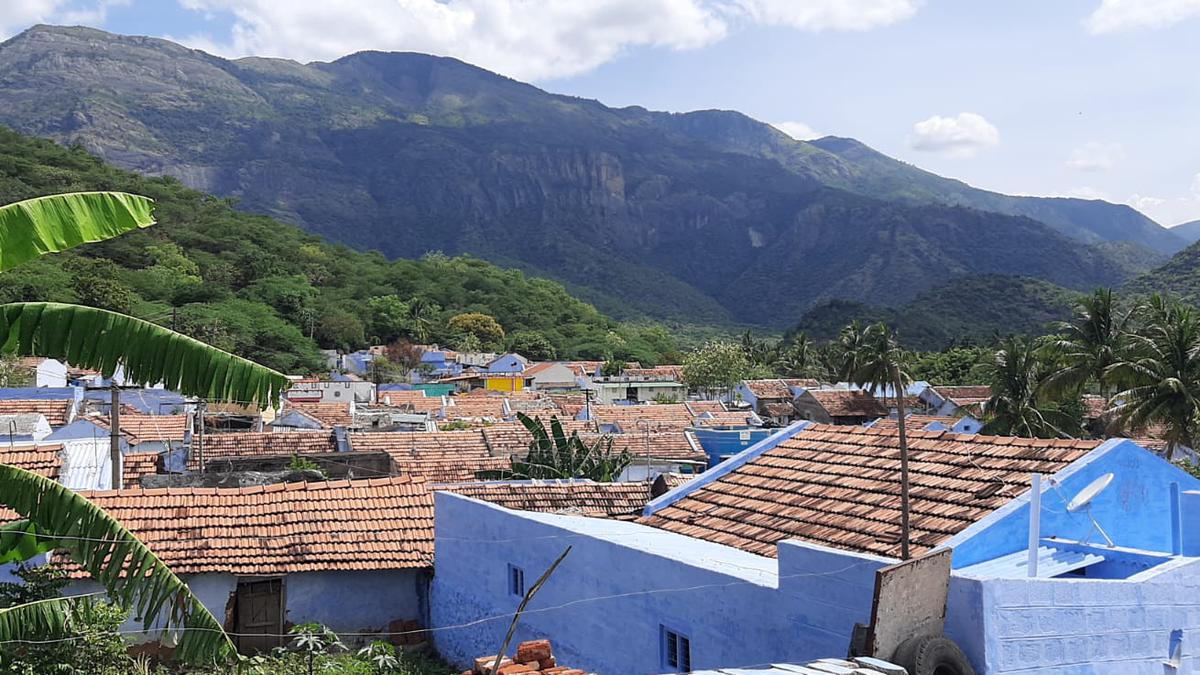
For residents of remote Thengumarahada village, nestled on Nilgiris Hills, a court order directing their relocation, is welcome
The Hindu
The residents of Thengumarahada have welcomed the High Court’s recent orders to relocate the villagers, with beneficiaries set to receive Rs. 15 lakhs as compensation. Conservationists believe that the move could help in the long-term protection of the region’s rich biodiversity, due to fewer anthropogenic pressures.
When Subramani (name changed), 31, a resident of Thengumarahada in the Nilgiris wanted to register a complaint with the Nilgiris police, he had to travel a distance of more than 100 kilometers, taking an early morning bus, one of only two buses that visit the village, through a circuitous route via Bhavani Sagar in Erode district and Mettupalayam in Coimbatore and finally to the Sholur Mattam police station in the Nilgiris.
For the residents of Thegumarahada village, nestled among the eastern slopes of the buffer zone of the Mudumalai Tiger Reserve (MTR) as well as the Adivasi villagers in the adjoining villages of Kallampalayam, Alli Moyar and Puthukkad, availing of any government service, usually requires long hours of travel to Kotagiri, taking upwards of five hours each way.
“It is for these reasons that we prefer moving out from the village. In addition to the distances we have to negotiate, we also have the daily fears of coming into contact with wildlife such as tigers and elephants,” said Kalamani, 52, another resident of Thegumarahada, which is home to a wide variety of wildlife, including over 30 tigers, say officials. Ms. Kalamani said that her daughter, in her mid-20s, only studied up to class 12 and couldn’t go to college because of the remoteness of the village.
The Madras High Court recently ordered that the residents of the village of Thegumarahada, comprising around 497 families, be moved out to ensure the protection of the area, one of the most important and biodiverse landscapes in the Nilgiris.
S. Bharathidasan, secretary of Arulagam, a conservation NGO that has been extensively working in the region, primarily for the protection of critically-endangered vulture species, said that the region was home to the quickly-disappearing striped hyena, of which there are believed to be only around 30 individuals left in the entire Nilgiris, as well as sloth bears and endemic fish species, including the critically-endangered hump-backed mahseer (Tor remadevii), crocodiles, otters and vultures.
“Though we are yet to confirm it, it is widely believed that the areas surrounding Thengumarahada host the only nesting site of the Asian king vulture, which is also critically endangered, while the nesting sites of the long-billed vulture are all found in the Nilgiris eastern slopes, where the village is located,” said Mr. Bharathidasan.













